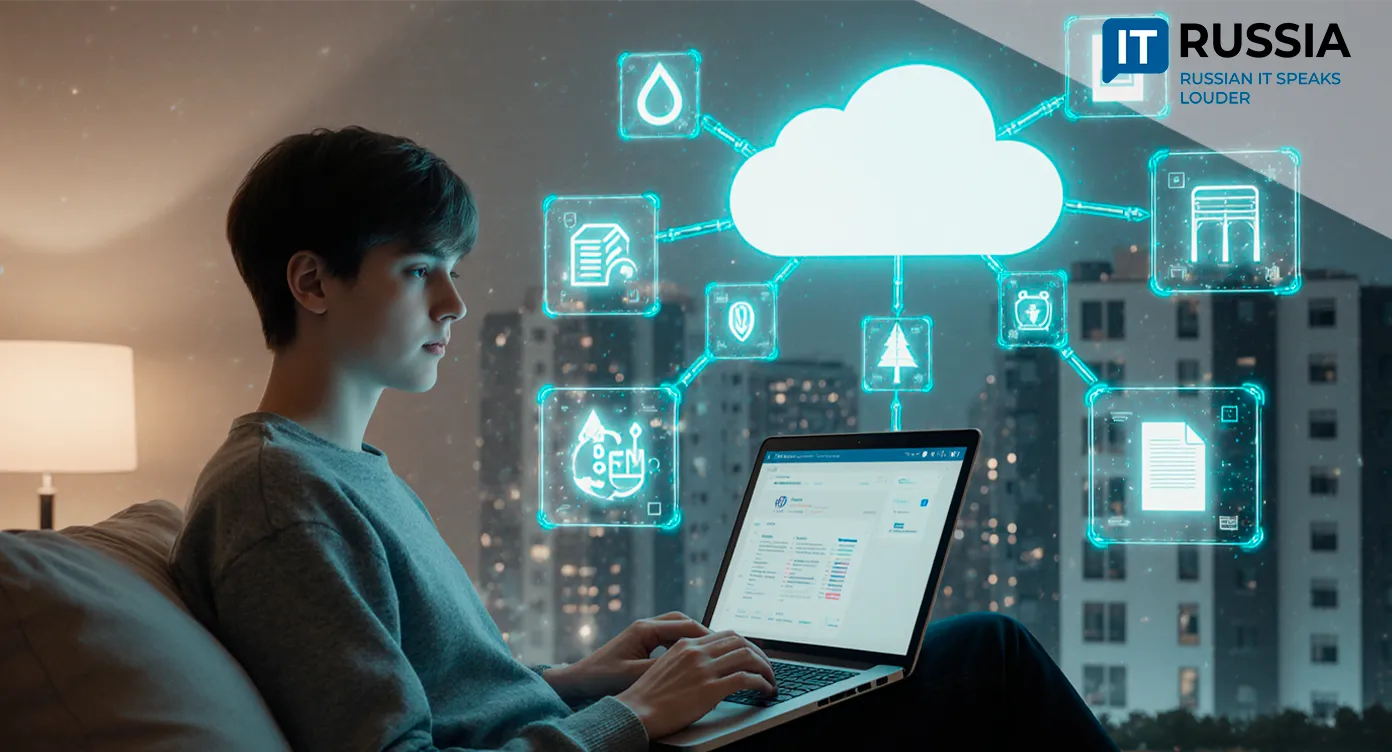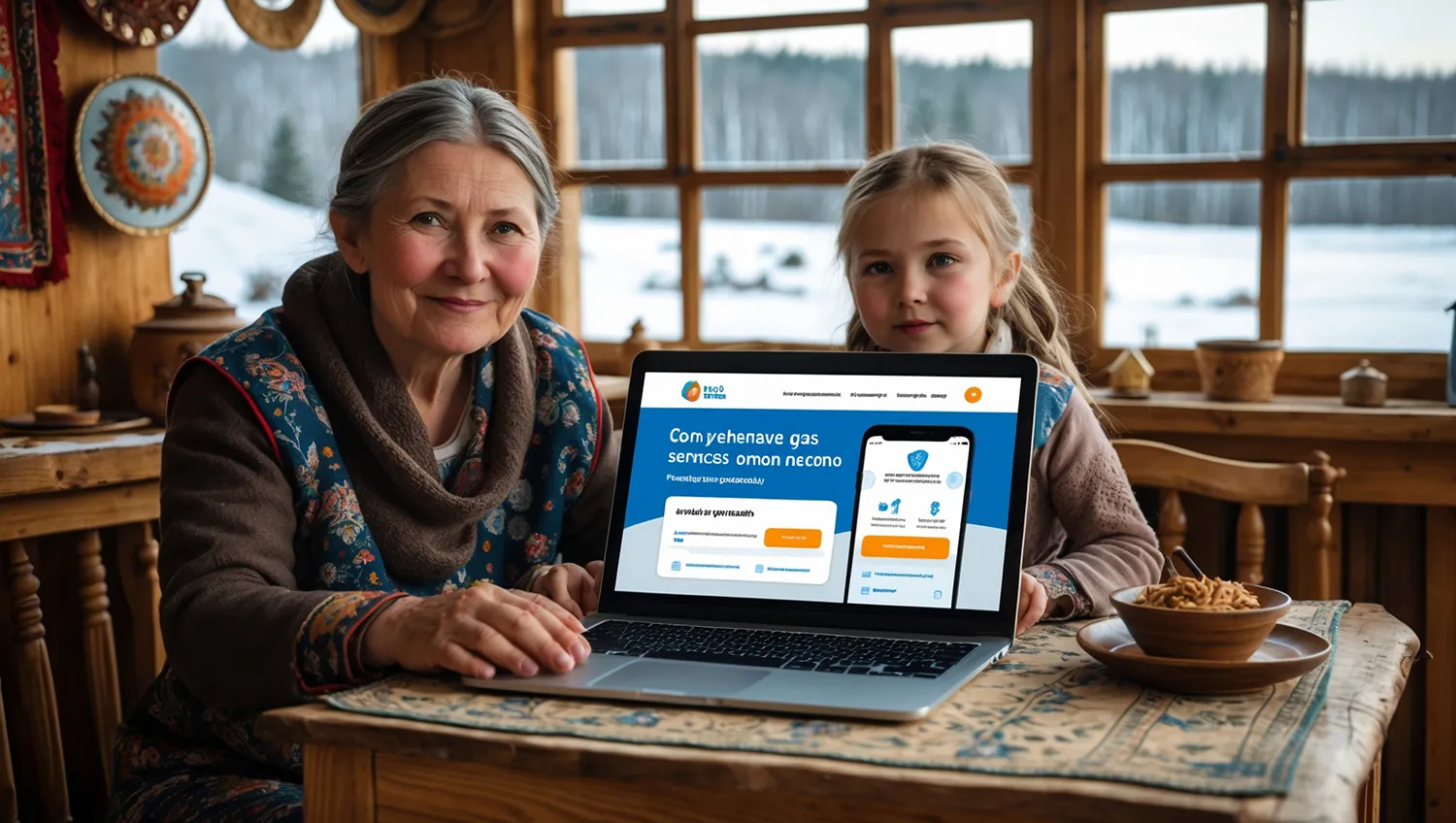Documents on Gas Supply in Russia Can Now Be Processed Online
Russia is taking another step toward digital government services: starting in 2026, gas supply contracts and service requests will be available entirely online.

Another Step Toward Digitalization
Beginning March 1, 2026, several gas supply and connection services in Russia will move into a fully electronic format under a government decree signed by Prime Minister Mikhail Mishustin. The new framework allows citizens to sign contracts for gas delivery and equipment maintenance via digital platforms, including the federal Gosuslugi portal, regional government websites, and gas company portals. For those preferring paper, traditional document submission at company offices or MFCs will remain an option. To complete online contracts, users will need a digital signature.
Some stages of gas connection—such as submitting an initial application—can already be completed online. However, the new measure consolidates all related services into a single digital workflow. This is a major advance for a core infrastructure service that remains essential for most Russian households, especially in remote or rural regions. The initiative reduces administrative burdens on local authorities and gas utilities, streamlines communication with residents, and improves transparency and service speed. Citizens benefit from less bureaucracy and fewer in-person visits, saving time and travel costs.

The reform also stimulates demand in the IT sector, particularly for systems integrating Gosuslugi with gas company infrastructure, as well as for digital tools across document management, cybersecurity, and API development. In the long term, this effort should deepen citizens’ trust in digital governance, unify utility service standards nationwide, and cut operational costs through automation—aligning Russia’s approach with the global “smart city” trend.
A New Growth Driver
The initiative marks a significant step for domestic markets. By digitizing gas supply services, the government is spurring modernization among utility companies and driving integration with national e-government systems such as Gosuslugi and MFC portals. This will likely intensify competition among platform providers and enhance data analytics efficiency. In time, other utility services may follow the same path toward full digital transformation.
Although digitalization of utilities is not unique to Russia, local IT solutions could attract international interest—particularly from countries with similar infrastructure profiles, such as within the CIS. Export potential will depend on whether developers create specialized modules for security, scalability, and integration. Nonetheless, implementation challenges remain, including uneven regional IT infrastructure, limited connectivity in rural areas, and institutional resistance from traditional service operators.

Federal Framework
Russia’s digital transition in utilities has been underway for nearly a decade. Since 2014, the energy sector has adopted data-driven management and monitoring systems, while pilot projects like digital utility billing in Moscow Region have demonstrated the benefits of electronic workflows. Residents now receive digital invoices directly in their personal accounts, with paper copies optional. Smart metering for gas, water, heat, and electricity is already helping identify leaks and anomalies in real time.
In July 2025, the federal government approved a nationwide concept for digitalizing multi-apartment buildings through 2030. It envisions the expansion of “smart home” technologies, automated dispatch systems, and comprehensive digital integration across utilities. Experts note, however, that progress remains uneven—while major cities and new housing complexes have embraced these systems, older housing stock is being upgraded more slowly.
Changing Everyday Life
Though not a revolutionary step, this initiative is an important milestone toward full digital integration of essential services. Over the next one to two years, regions are expected to pilot competing IT solutions and launch turnkey digital-service platforms. At the same time, slower adoption may occur in certain territories due to infrastructure gaps.

If implementation proves successful, the next phase will involve extending digital access to a broader range of public and utility services. The IT market will likely see growing demand for electronic signatures, API integration, secure data exchange, and analytics tools—further reinforcing Russia’s evolving digital economy.










































